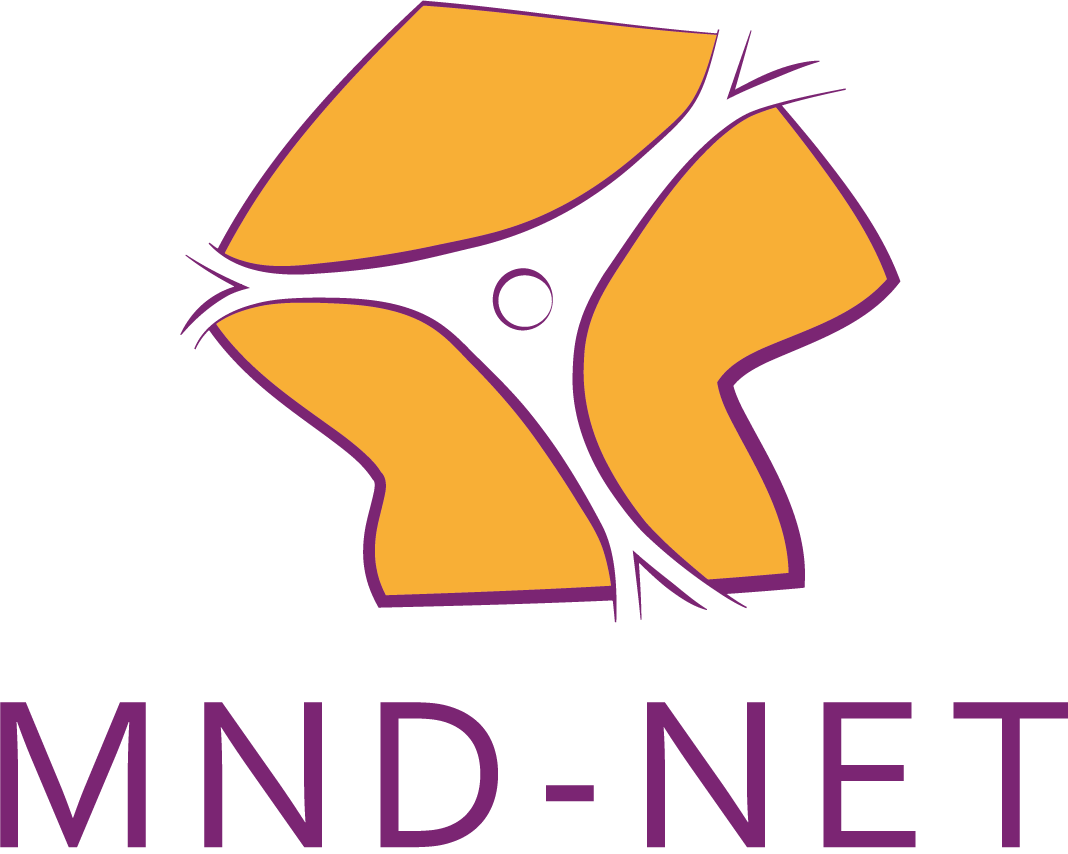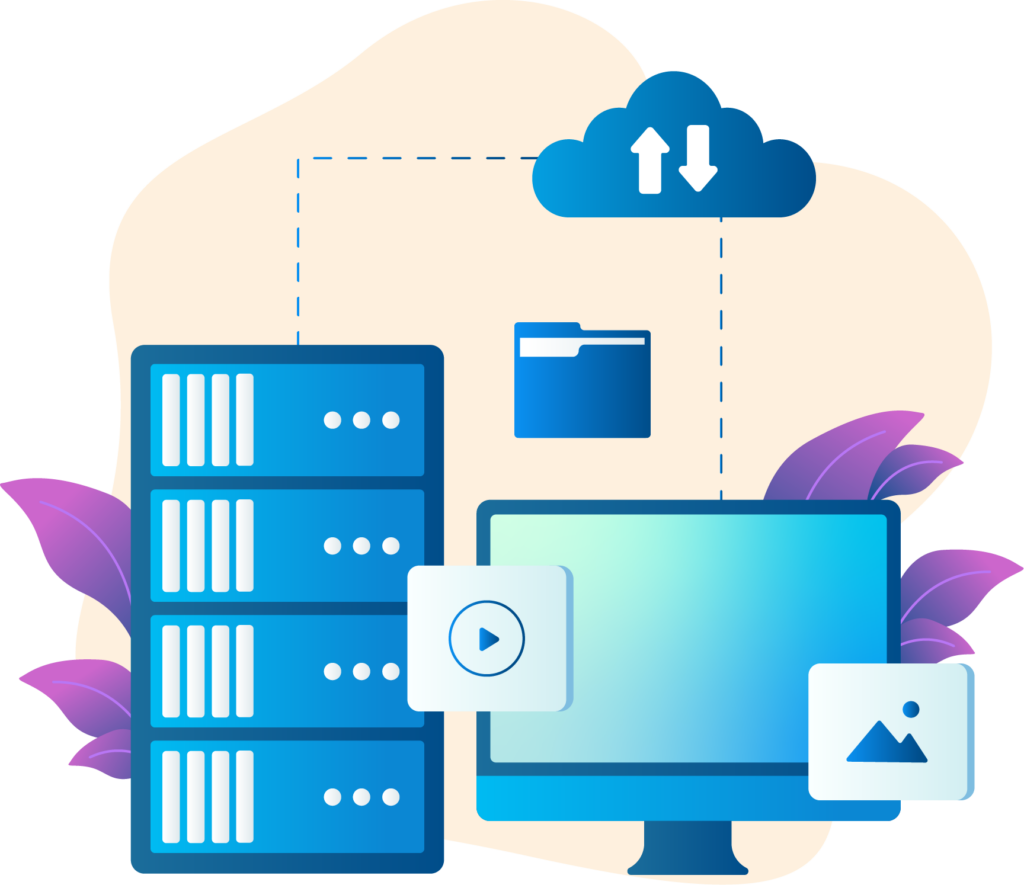Furthermore, the usual technical routine examinations required for the diagnostics of a motor neuron disease, such as electromyographic examinations, head MRI or electrophysiological examinations, are recorded in a standardized manner.
For biomaterial collection, the patient can consent separately for blood or cerebrospinal fluid sampling.
Genetic analysis of blood samples is possible and requires explicit patient consent.
In the course of further differential diagnostic clarification, tissue biopsies of muscles and skin may be necessary to exclude important differential diagnoses such as inflammatory muscle and nerve diseases. The patient may consent to the availability of muscle and skin tissue for scientific purposes.
For more information on how to participate in the MND-NET registry study, please contact the MND-NET centers.

